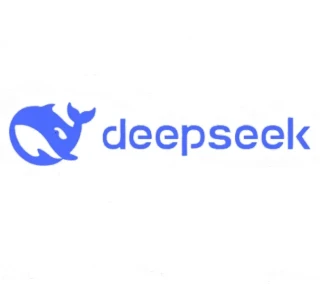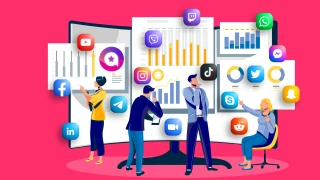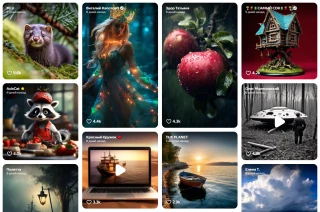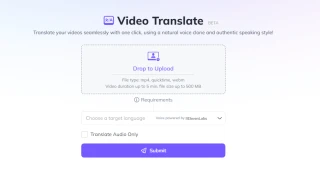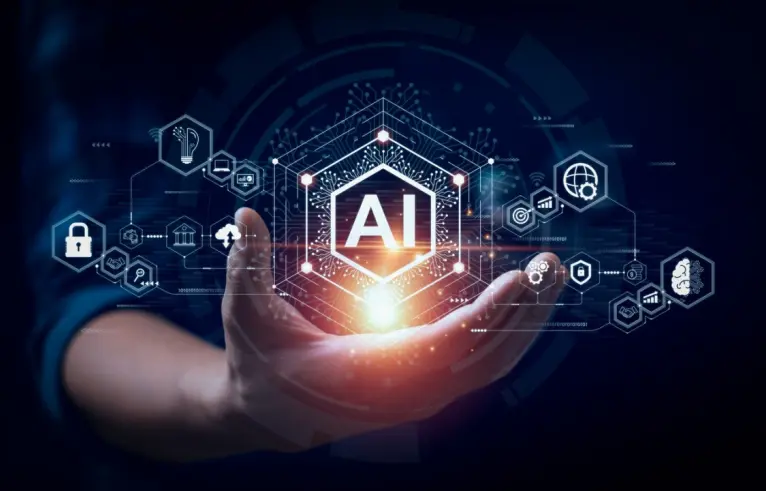
SMM Automation in 2025: Best AI Tools for Social Media Promotion
In the current digital competition and rapidly growing user expectations, businesses increasingly turn to automation in SMM. Artificial Intelligence (AI) and chatbots not only optimize processes but fundamentally change the approach to social media management, customer interaction, and analytics. In 2025, SMM automation has become an integral part of marketing strategies for companies of all scales, from small startups to large corporations.
Main reasons for implementing SMM automation:
- Time and resource savings;
- Improved customer interaction quality;
- Enhanced personalization;
- Marketing expense reduction.
Useful Information: Promoting a business on social networks without working accounts is impossible. Obtaining them in just a few clicks using affordable virtual numbers for VKontakte, Odnoklassniki, X/Twitter, Facebook or Dzen from Grizzly SMS is the most effective option for a successful SMM manager.
Main AI and Chatbot Tools for SMM Automation
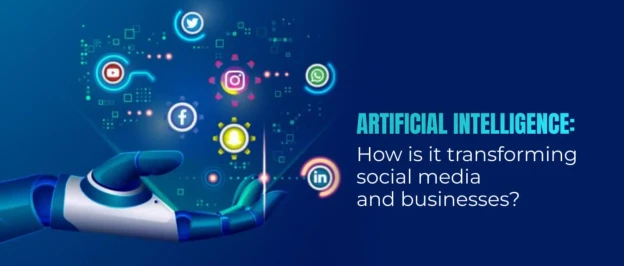
The main categories of AI and automation tools for SMM include:
- Chatbots;
- AI for content creation;
- Content planning and publishing platforms;
- AI-based analytical tools;
- Targeting and retargeting automation tools.
Let's examine these tools in detail to facilitate and accelerate routine processes.
Chatbots for SMM

Chatbots have become one of the most in-demand tools in the SMM specialist's arsenal, as they perform automatic customer interaction functions, increasing convenience and response speed.
Key features and functions of chatbots include:
- Customer service automation: chatbots like ManyChat, Chatfuel, and Botsify can handle up to 80% of standard user queries, allowing the support team to focus on more complex tasks. For example, ManyChat integrates with Facebook Messenger and Instagram Direct, simplifying management across multiple platforms from a single interface;
- Personalized interaction: modern bots use natural language processing (NLP) to understand customer queries and provide responses adapted to their preferences and needs;
- User data collection: chatbots can gather information about users, preferences, query frequency, and other data, helping businesses more accurately segment their audience and improve targeting;
- CRM and system integration: many chatbots can be integrated with CRM systems, allowing automatic updates of customer data and analysis of their activity. For instance, HubSpot and Salesforce offer such integrations, simplifying customer base management.
AI-Based Content Creation Platforms
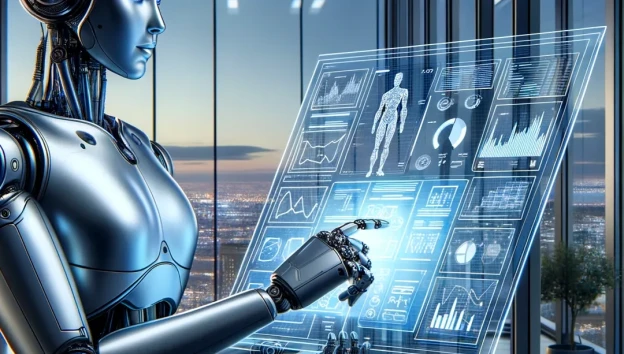
AI content systems like Copy.ai, Jasper, and Canva are becoming essential tools for marketers. These platforms not only reduce content creation time but also improve quality by adapting to specific goals and audiences.
Key functions of AI content platforms include:
- Text content generation: Copy.ai and Jasper allow quick creation of product descriptions, social media posts, advertising texts, and even video scripts. These platforms use machine learning to improve text quality and adapt to brand tone;
- Visual content creation: Canva AI and similar services offer not just graphic design tools, but also unique image generation based on text prompts;
- Audience-specific content adaptation: AI tools can customize content to audience preferences by analyzing reactions to previous publications. For example, Jasper offers text tone adjustment features, helping create content that resonates better with the target audience.
Content Planning and Publishing Systems

Tools like Buffer, Hootsuite, and Sprout Social enable marketers to effectively manage social media publications. These platforms help maintain posting regularity and free SMM specialists from routine tasks.
Key capabilities of these systems include:
- Publication scheduling: Buffer and Hootsuite allow advance scheduling of posts and selection of optimal posting times for each platform. This increases the likelihood of content reaching maximum audience;
- Multiple account management: Tools enable managing several accounts across different social networks, which is especially crucial for brands with broad audiences;
- Publication performance analysis: Buffer offers post analytics, helping determine which content best engages the audience and what topics most interest subscribers. With Sprout Social, you can also analyze follower growth dynamics, geography, and preferences.
AI-Based Analytical Tools

Analytical platforms like Brandwatch, Sprinklr, and Socialbakers help businesses analyze and predict customer behavior. These tools use big data and machine learning to improve targeting and personalization.
Their capabilities include:
- Social media monitoring: AI allows not just collecting data on mention volume and engagement, but also analyzing audience sentiment and mood towards the brand. This helps SMM specialists adjust strategies to increase user loyalty;
- Behavior forecasting: based on analysis of past subscriber actions, AI can predict their future behavior and preferences, enabling development of more effective advertising campaigns and content;
- Audience segmentation: AI tools help precisely segment audiences based on demographic data, interests, and activity, allowing for more personalized advertising campaigns.
Targeting and Retargeting Automation Tools

Targeting and retargeting are crucial elements of social media advertising that help attract new customers and re-engage those who have previously interacted with the brand. Services like Facebook Ads Manager and Google Ads use AI to increase campaign effectiveness.
Their main capabilities:
- Automatic targeting setup: AI uses analysis of user behavior and preferences for automatic ad optimization, increasing campaign success chances and reducing costs;
- Budget optimization: with AI recommendations, advertisers can redistribute budgets to more successful ad groups, minimizing losses and improving ROI;
- Testing and variant selection: AI analyzes data and selects the best advertisements for different audiences, simplifying the testing process and allowing faster achievement of results.
Conclusion
SMM automation in 2025 is becoming not just useful, but necessary for survival in the modern market. Using AI and chatbots enables businesses to reduce expenses, optimize processes, and improve customer interaction quality. Automation helps effectively adapt to digital world requirements, attracting and retaining audience attention on a long-term basis.




















